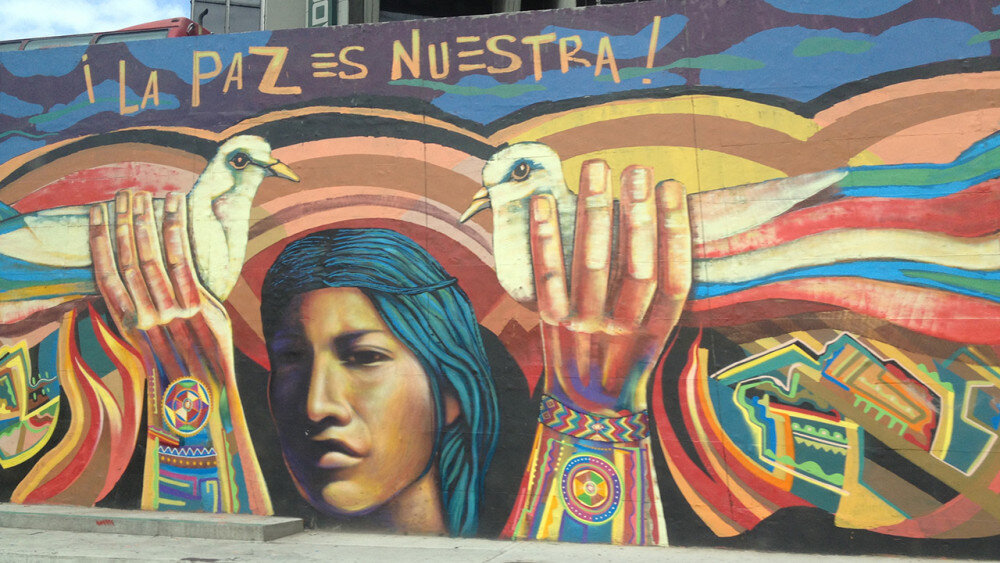Transformation - Knowledge and Experience
“Human beings are not born once and for all on the day their mothers give birth to them, but ... life obliges them over and over again to give birth to themselves.”
― Gabriel García Márquez
For my Quinceañera I asked my parents to give me an encyclopedia of literature. Encyclopedias were quite expensive back then—so no big party, just books. I used to play this game where I would ask someone to open any page and read me a poem. Then I would guess the era the poem was written in.
My thirst for knowledge, coupled with an innate sensitivity and intimacy to the harsh reality of my country of birth, guided me to pursue a degree in Law and a minor in history. I devoured all of the books I could find about Colombia’s social and economic torments, including the story of our colonization, political turmoils and pervasive injustice. Learning about Colombia’s past completely changed my understanding of reality and gave new direction to my life. By my mid 20’s, I couldn’t brush away what I had learned. I knew that I needed to dedicate myself to social change. Once I realized this, I signed up for a program at my university that partnered with different public institutions to serve economically poor and isolated areas. The program sent me to the remote village of Chimichagua.
To reach Chimichagua from Bogotá, I took four modes of transportation: plane, bus, truck, and “chalupa” (basically a canoe). Chimichagua was hidden in the deep vegetation of an enormous marsh. The region was burdened with unending violence and deep inequity. The job I had been sent to do while in Chimichagua was to train local leaders in human rights and conflict resolution techniques. Through the training these leaders were to become Judges in Equity (their pronouncements would carry the weight of law) and act as an alternative to the “traditional” justice system.
Amidst majestic geography, the people of Chimichagua changed my heart. During the time that I lived there, I lacked nothing — as whatever little there was, we would share and support one another. However uncertain the future looked, there was always space for joy. Even in the face of insurmountable pain, the local people always chose hope. Their wisdom and resilience inspired deep love within me.
I remember with great fondness the long walks to remote hamlets during which I was graced by magical stories. I studied much and I had so little to say… And it was delicious. I took so much pleasure in traveling the hills and hearing about powerful ancestors, learning different beliefs and sensing the land that we occupied. And, while traveling those hills, I also felt great pain. The war had caused much devastation, instilled much fear and tore many families apart. Yet, there they were, community leaders fully invested in finding solutions to conflicts, never stopping to work for brighter days. Always choosing hope.
One of these leaders was in particular a formidable man. Don Emiliano was tall and had a wiry build that evidenced years of working the land. He was always always happy. I had never met anyone like him. He was highly skilled at solving conflicts—easily disarming the souls of men. I was often terrified arriving at these remote places—where for instance, neighboring families would be on the brink of bloodshed because of land or personal disrespect issues. Sitting in the midst of hard laboring men with big machetes, this community leader would ask for a recount of the issue at hand. After hearing the “arguments” he would stay silent for a few minutes and then start singing a possible solution. Yes, singing, incredible! And it would work! The groups in conflict would reach agreement and work to carve out a peaceful future. Through all of this, I said little to nothing. My job was to be there, to accompany these leaders, to provide some guidance about the law and general conflict resolution principles. Mostly, my job was to believe. To believe in them. To believe in hope.
My experience in Chimichagua pushed me to let go of preconceived ideas of what ought to work and how, and instead to presence and honor the wisdom of the lived experience. I witnessed solutions to social problems that were deeply human and fully effective. I experienced a transformation in my thinking by gaining understanding that knowledge and truth are contextual. I experienced a transformation in my heart by learning that love must exist alongside any “practical” solutions to social problems and in most all cases supersedes the practical in its power. My soul transformed because it encountered a different world where the song is mightier than the machete.
My intimate experiences with social justice have given me drive and humility. And it is from this humble place where I dedicate my days towards social change — from a place of trying and trying again, knowing that the work is never “done” and is often flawed; with a love that is not only expressed once but constantly affirmed and; a commitment that is not about me but about others and by the grace of others.
How do these ideas of knowledge and experience resonate with you?
What is your experience with transformation?
Does it come from pain or from love? Or both?
PS: Everything in Chimichagua was magical. The song was mightier than the machete, it rained butterflies, cows swam and ice didn’t need refrigeration. Ask me when we speak next, and I will indulge you with another truth.

